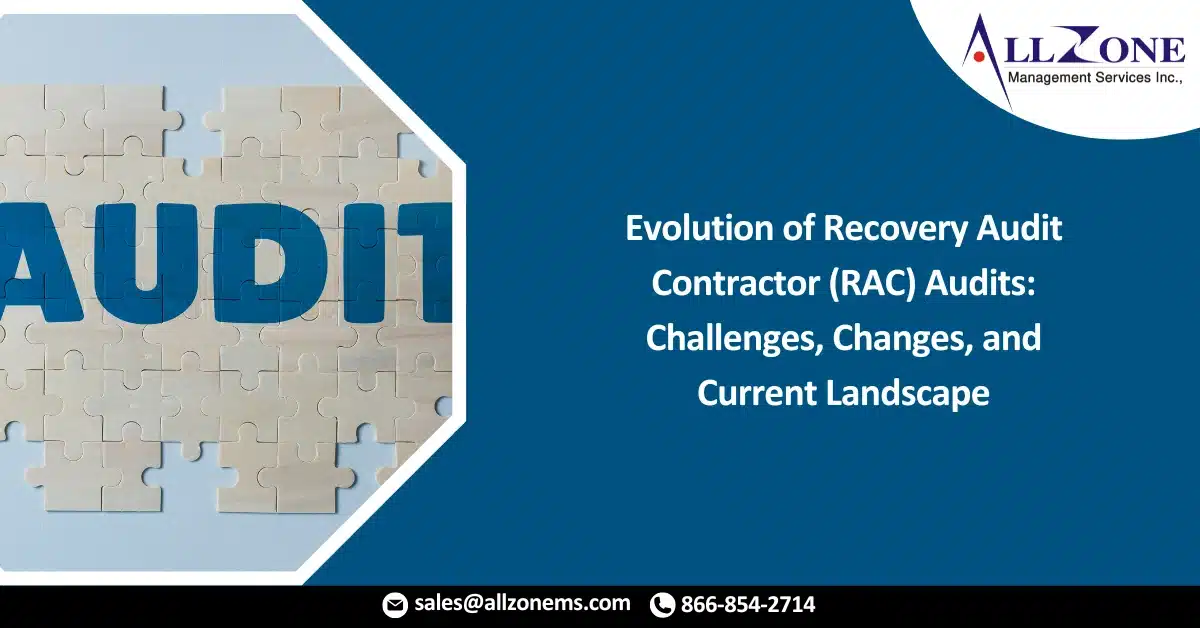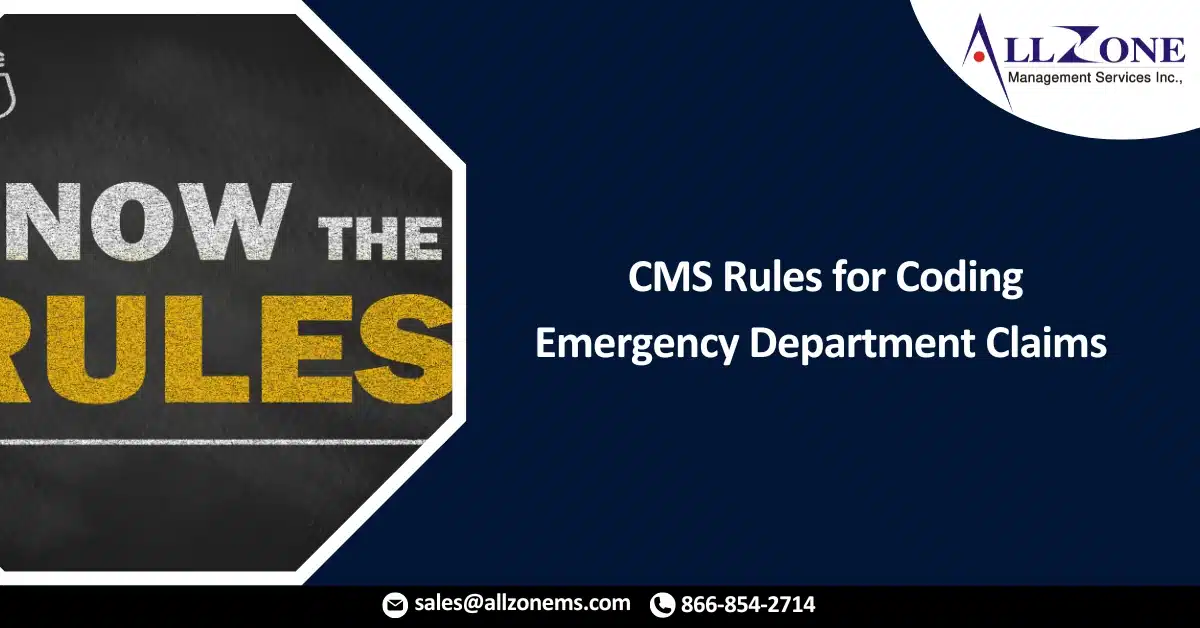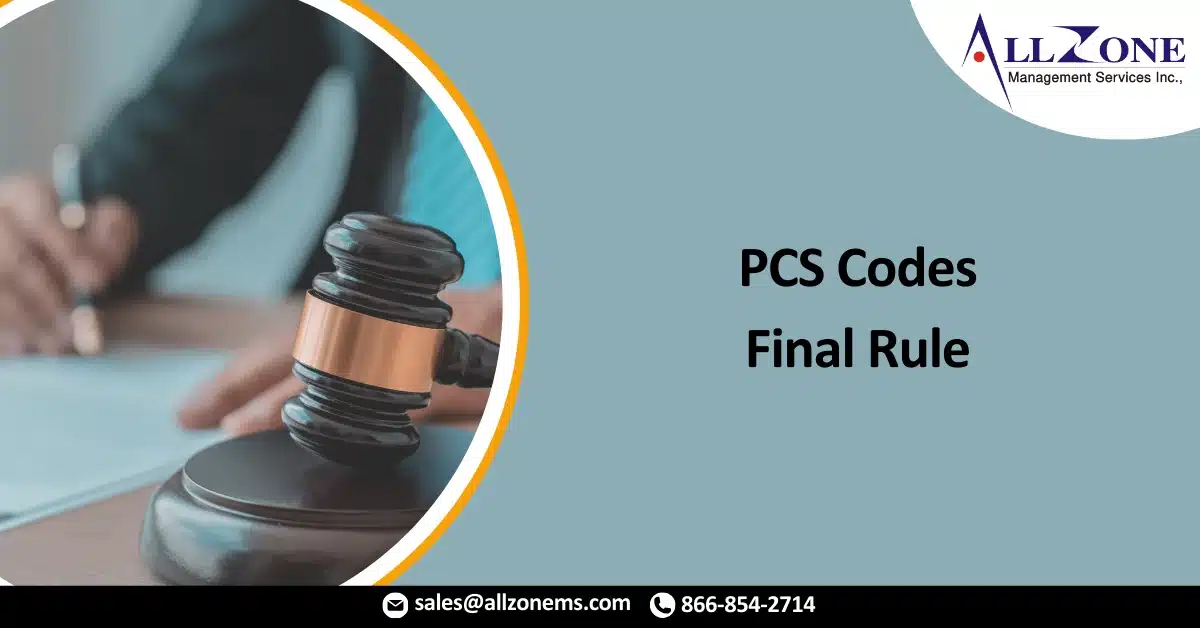Accurate medical billing is the backbone of any successful healthcare practice. Even the smallest error in coding or modifier usage can lead to denials, payment delays, or compliance issues. Two important modifiers that play a critical role in drug and biological billing are JW Modifier and JZ Modifier. Understanding when and how to use them […]
Prior authorization transformation of consent is a source of worry and concern for everyone involved: patients, members, providers, and payers. What was needed was a structure to coordinate all stakeholders and organize the program. In January 2024, the Centers for Medicare and Medicaid Services (CMS) finalized requirements to expedite the authorization process; this requirement will […]
To capture Medicare reimbursement for complex Medicare patient visits, you must know when to use this G2211 Code add-on code. To report the additional time, effort, and related practice expenses associated with caring for Medicare patients across the continuum of care, qualified healthcare providers can begin billing HCPCS Level II codes on Jan. 1, 2024. […]
The inception of Recovery Audit Contractor (RAC) audits dates back to 2005, reaching their zenith around 2010 before encountering a deceleration amidst the COVID-19 period. In 2006, Congress granted the Centers for Medicare & Medicaid Services (CMS) the authority to launch the Recovery Audit Contractor program across three initial states: New York, Florida, and California. […]
The Centers for Medicare and Medicaid Services (CMS) has consistently authorized hospitals to establish and utilize their own coding guidelines for emergency department facility claims. CMS makes clear that “[a]s long as the services furnished are documented and medically necessary and the facility is following its own system, which reasonably relates the intensity of hospital […]
Without detailed documentation, providers may face an uphill battle in defending themselves from quality audits and even malpractice issues. Up until 2021, at least for the prior two decades, coders and clinicians relied upon the established Evaluation and Management (E&M) guidelines to determine which E&M code was appropriate for each specific encounter. The 1995 guidelines […]






